PAUSD announces secondary bell schedule amid mixed community response
May 23, 2021
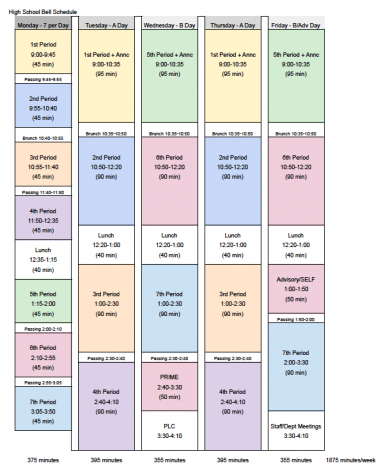
The new bell schedule for secondary schools for the 2021-22 school year features a longer school day, beginning at 9 a.m. on all days and ending at 4:10 p.m. at the latest. The bell schedule committee focused on creating a schedule that met all of Palo Alto Unified School District’s requirements and attempted to meet expectations from community members through a survey conducted last month. Incoming Assistant Principal Erik Olah, a member of the bell schedule committee, said the survey showed strong support for the modified block schedule option, which included four days of block and one day of seven periods. “There was a lot of feedback around the times, when to start and end school,” Olah said. “We did the best we could, given our parameters, to match those [the feedback] as best we could.” Graphic: Palo Alto Unified School District
Secondary sites in Palo Alto Unified School District will implement significant changes to the bell schedule for the upcoming school year, as Superintendent Don Austin released the new schedule earlier this month following an array of community reactions.
Per the announcement by Austin, high schools will commence at 9 a.m., a substantial shift from the 8:20 a.m. start time during the 2019-2020 school year. Austin stated in his Schoology update that the main reason for the later start time was to give students more time to sleep.
“We do believe in sleep research and respect the guidance from pediatricians,” Austin stated in his announcement. “We also believe that families have a primary role in setting and monitoring sleep patterns for their children. The late start only works if we are all partners in protecting sleep.”
Palo Alto High School’s incoming Assistant Principal Erik Olah served on the bell schedule committee this year, as well as most of the bell schedule committees over the last six years. According to Olah, the committee was unsure of the effects the schedule would have on students’ sleep, but decided on a 9 a.m. start time as the PAUSD School Board required it.
“Back in the day we started at 7:55, and that was tough,” Olah said. “There’s a lot of research surrounding 8:30 being a really solid start time and that’s why we saw the state move to an 8:30 start time. Once you move past 8:30 that research is a little bit more unclear as to whether we’re still seeing the same benefits.”
Olah said the new schedule included more hours of instructional minutes in the school year due to requirements from the state over the number of instructional minutes schools are obligated to provide.
While the late start in the schedule gives students more time in the morning to sleep, it also pushes dismissal beyond the 3:05 end time for the 2020-2021 school year. Tuesdays and Thursdays will conclude at 4:10 p.m., prompting some community members to express concerns about after-school activities and sports.
According to Peter Diepenbrock, a Paly physical education teacher and member of the bell schedule committee, the new schedules bring more downsides than upsides.
“I mean getting out at 4:10 is just an absolute crusher for so many extracurricular activities,” Diepenbrock said. “I really can’t see any positives. If somebody says, ‘Oh, it helps for kids to sleep,’ then there’s no question to me that they are just going to stay up later.”
Olah said he has a more optimistic view of the impact of the late end time on extracurricular activities.
“One thing that I think we’ll see going forward though is we’re not the only school that’s changing our school time, pushing forward a little bit,” Olah said. “I think you will see things like athletic games and things getting pushed back a little bit because if everybody’s moving it makes sense to move it a little bit.”
However, Olah said he would have preferred doing an earlier end time if it was possible.
“We knew we didn’t want to go any further than our latest time which was 4:10,” Olah said. “We didn’t even think about doing that. I think if we could have figured out a way to make it earlier, we would have.”
Along with the new schedule comes a continuation of the seven-period Mondays, which drew criticism this year for contributing to stress and weekend homework. Austin’s update contained recommendations from the Paly bell schedule committee to help reduce some of the problems that students had with this day.
“The committee further recommended that students do not have any homework due and only have formative (non-graded/point) assessments on the seven-period day (which occurs primarily on Mondays),” Austin wrote in his announcement. “The primary concern regarding seven-period days is that students end up having testing stacking and homework due in every class which increases student stress.”
Diepenbrock said the decision to keep the seven-period Monday was an effort to have more frequent meetings with students and teachers.
“A lot of people liked the pure block [schedule] but I think the main decision or main factor that it came down to was teachers just really liked to see the kids three times every week, and that was the deciding factor,” Diepenbrock said.
Olah said despite the changes made to the schedule for the 2021-22 school year to meet requirements, it would be ideal to implement a schedule that could work for multiple years, eliminating the annual shift.
“Consistency is key, and it’d be really great to not just be consistent from day to day, but how about year to year also, and it really would be nice,” Olah said.


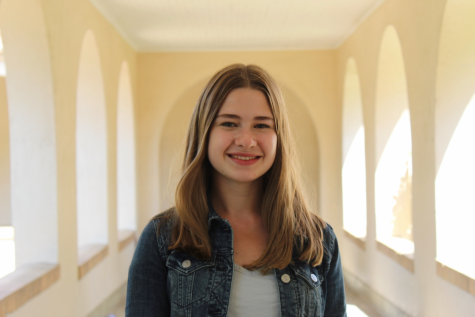
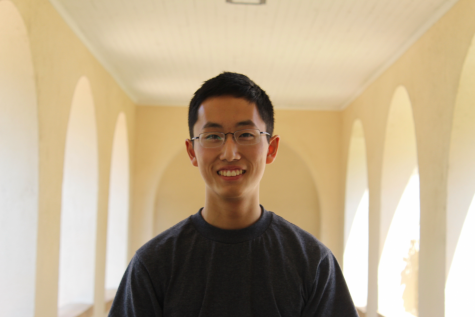
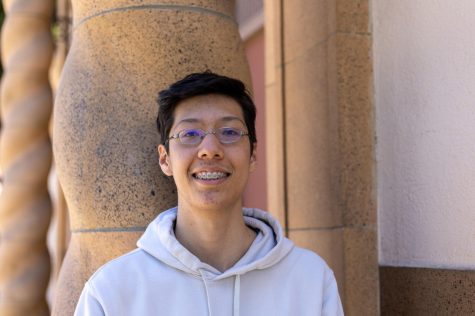





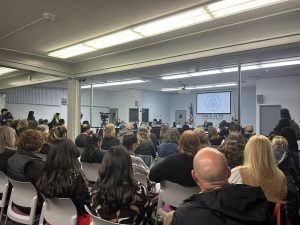
Rebecca Eisenberg • Jul 17, 2021 at 1:22 am
This is a profoundly harmful bell schedule, certain to cause great hardship to all teachers, student athletes, and all others who have after-school obligation. Don Austin should be fired and the school board recalled. How dare they.
Mave • May 23, 2021 at 10:22 pm
It makes no sense for the bell schedule to change every school year. Yes we want our children to get more sleep, but I feel 9am is too late of a start time. 8:30am to 3:45pm would be ideal. They wouldn’t be starting school too early nor would they be getting out too late. For those children that have after-school activities this would give them the time to rest, transition and get a snack before continuing on.
Max • May 23, 2021 at 10:15 pm
4:10 seem a little to late but I mean it does start at 9 I will totally be fine with that as long as students get more time to work on school work during school and not get as much homework cause that wold make them stay up later other than that I think that would be a great schedule to be completely honest
Diana Mendell • May 23, 2021 at 7:41 pm
I don’t understand why the bell schedule changes every year. Why can’t there be consistency and a functional schedule? Ending the day at 4:10 is way too late and will cause all kinds of problems trying to schedule appointments after school or participating in sports outside of school.